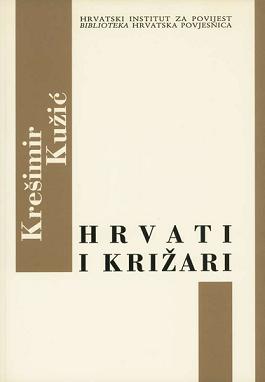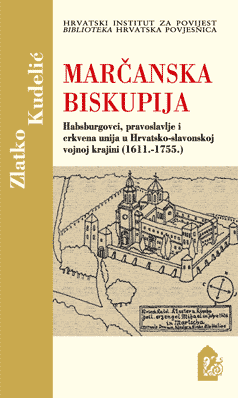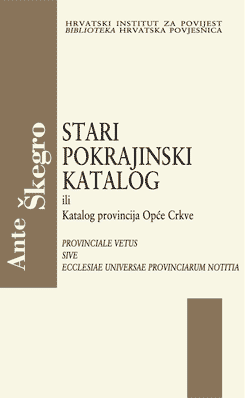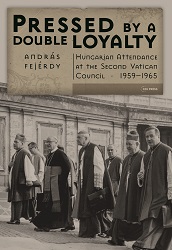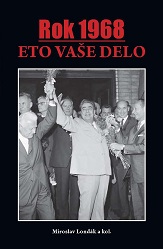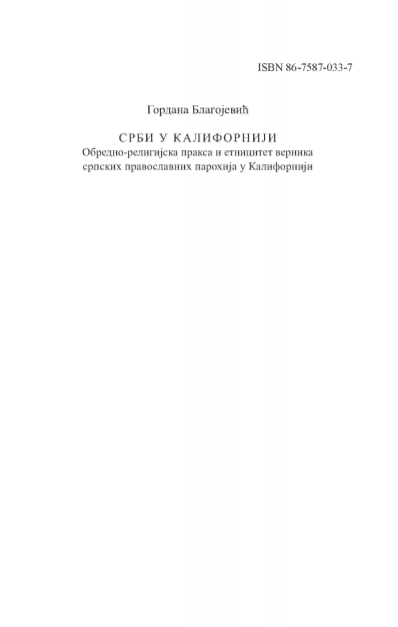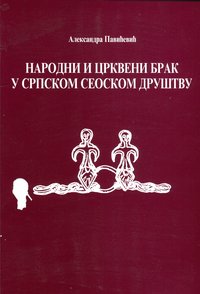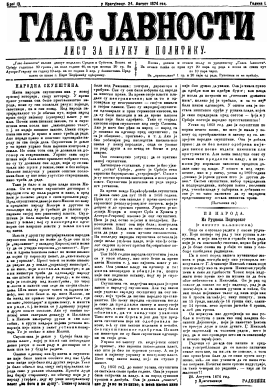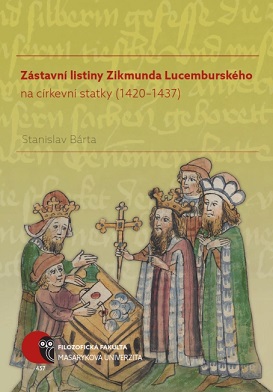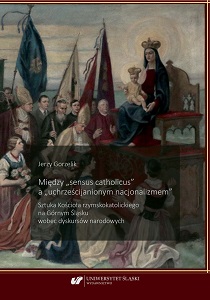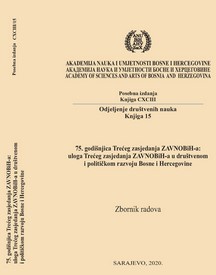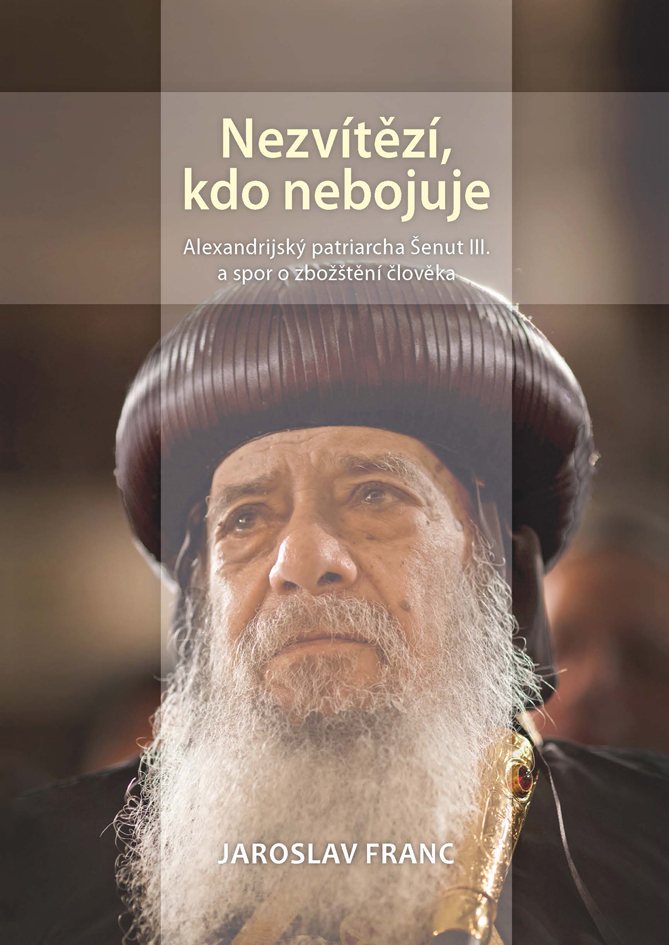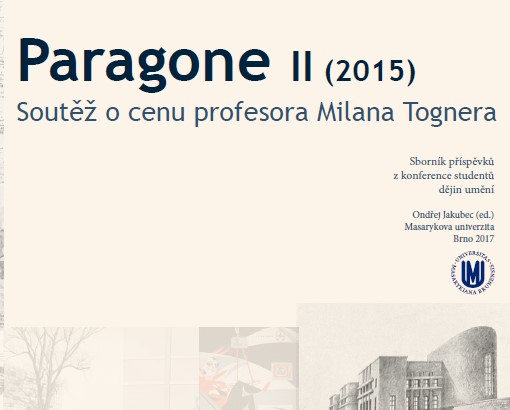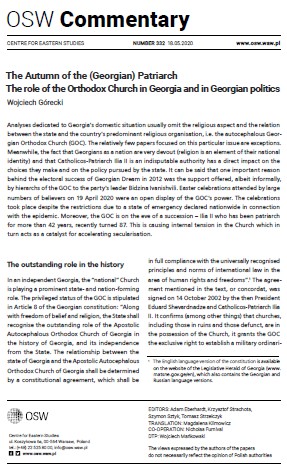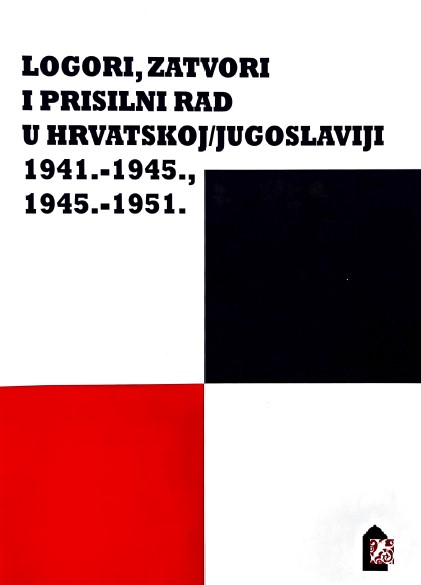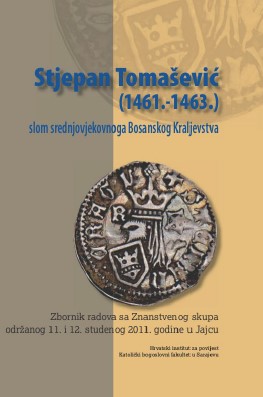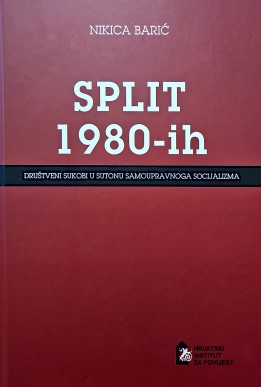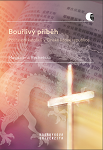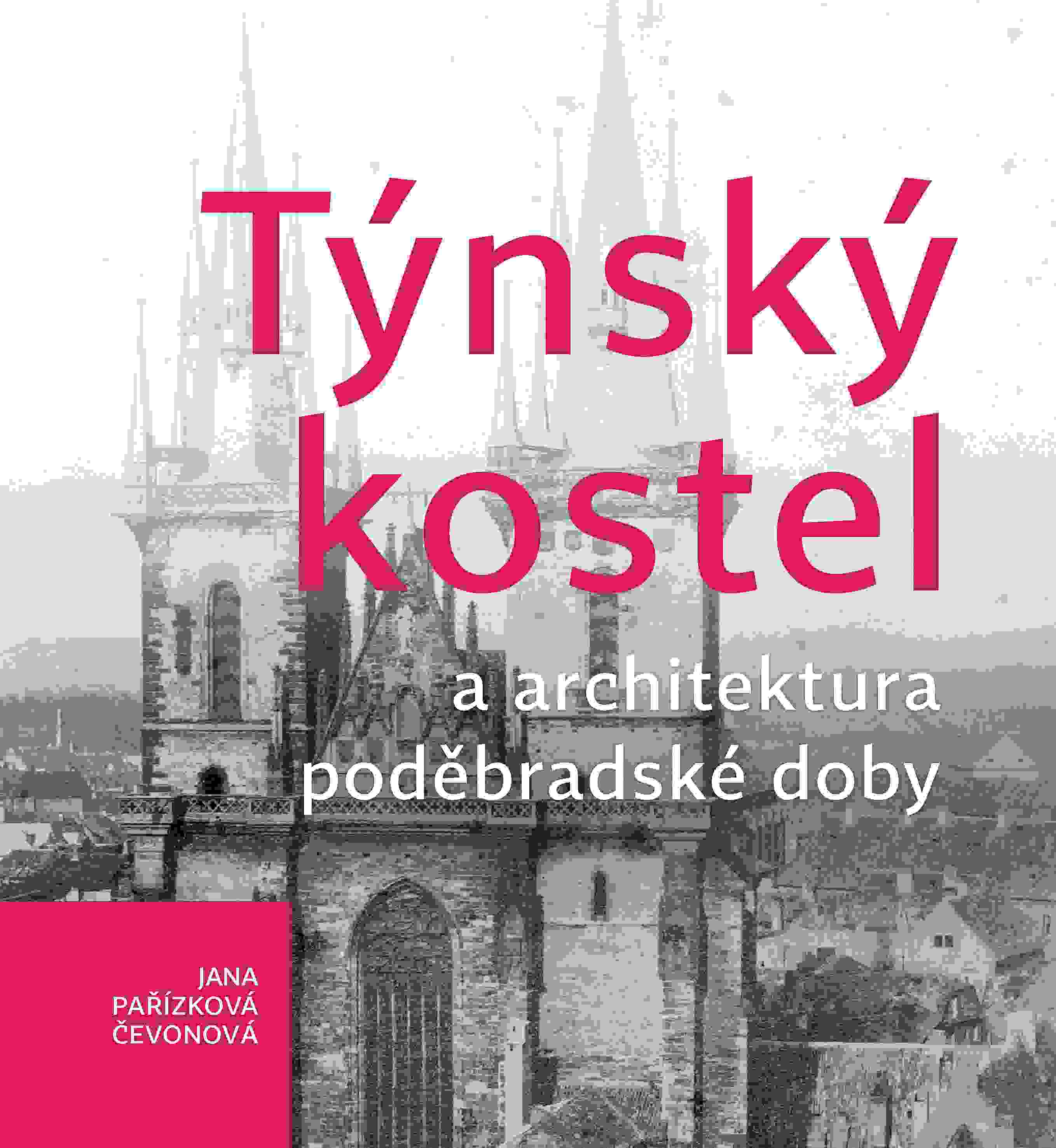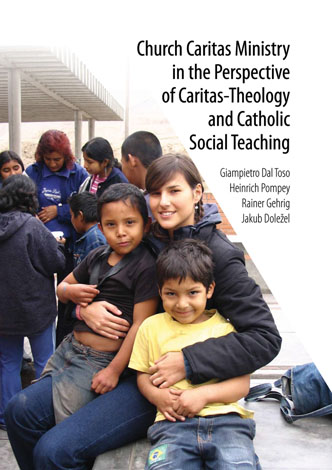Author(s): / Language(s): Slovak
The book Rok 1968 Eto vaše delo is based on lecture cycle, organised by the Slovak Institute in Prague in cooperation with the Institute of History of the Slovak Academy of Sciences and Institute for Contemporary History of the ASCR. The aim of this lecture cycle was to remember about the 40th anniversary of the reform process in Czechoslovakia in 1968. The lectures presented by Slovak historians, were extended and collected as papers, that are part of this book. The aim of the particular papers is to analyse the main aspects of the reforms, further their ideological roots, as well as their political, social and economic casualties. The authors intended to reflect the immanent development of the autonomous reform process in Czechoslovakia, taking into account both political, constitutional, national-political, socioeconomic, cultural and confessional issues. The opening paper written by Professor Ivan Laluha is an authentic testimony about the gradual maturation process, that was proceeding the reforms in the field of economic theory, which is the main field of interest of the author. The author’s goal was to outline the efforts undertaken in order to achieve a further development of reforms in the constitutional and national-political sphere. Jozef Žatkuliak is analysing the genesis of the ideas proposing a new, federal constitution for Czechoslovakia. The key focus of Slavomír Michálek’s study is based on the American political context of the Czechoslovak attempt for reform of Socialism. There is no doubt, that, during that time, the United States of America and the Soviet Union were trying to reach an agreement and that both sides were conducing a bipolar détente politics. On the one hand, in Washington there was a kind of sympathy for the reform process taking place in Czechoslovakia, but on the other hand, it was perceived as an internal problem of the Soviet Bloc. Two following studies writen by Stanislav Sikora are dealing with the ideological background of the Prague or Bratislava Spring, involving a critical analysis of the term „Socialism with human face”. In his study, Miroslav Londák is explaining the main principles of the economic reform in Czechoslovakia in the 1960s by going to the roots and anatomising the process of industrialisation of Slovakia since 1948. Furthermore, Londák is paying close attention to the efforts of Slovak economists undertaken in order to replant the special economic needs of Slovakia; these efforts were closely connected with the preparations for a federalization of the Czechoslovak state. The study of Jan Pešek is dealing with the process of a limited regeneration, under conditions of the Communist regime, of Churches. Elena Londáková is broaching the issue of reform movement in culture. She emphasised, that it were above all the exponents of cultural life, who acted as the pioneers of the reform movement and, in the same time, as the main critics of the whole social and political system.
More...
